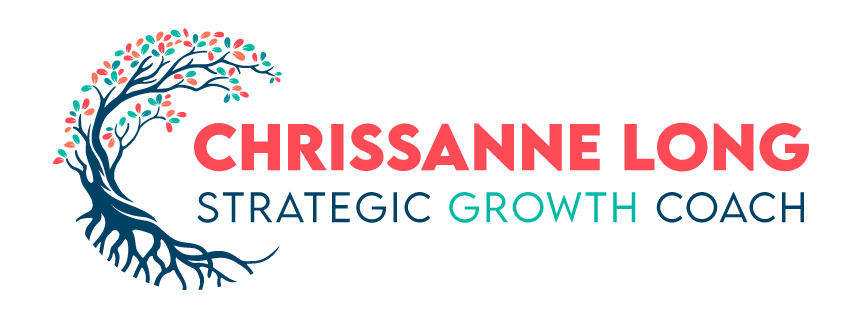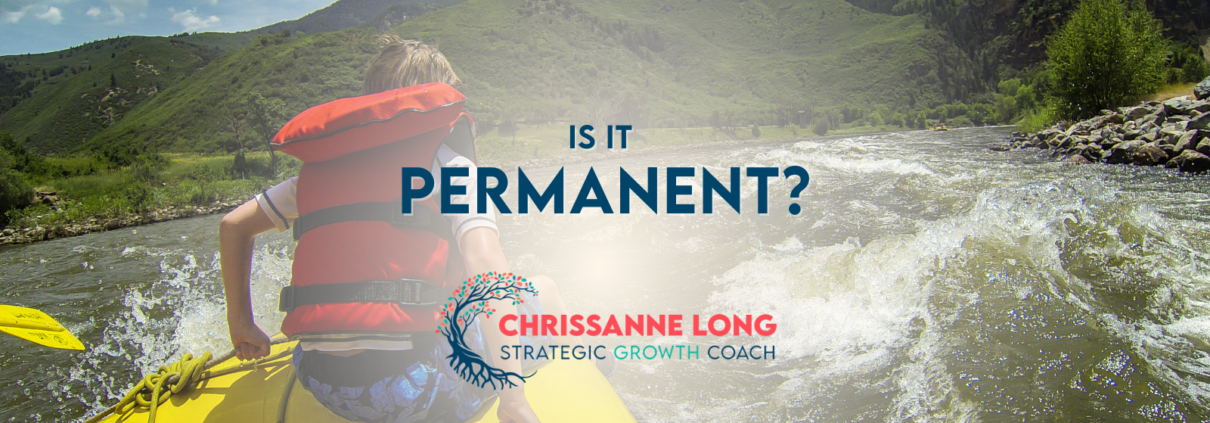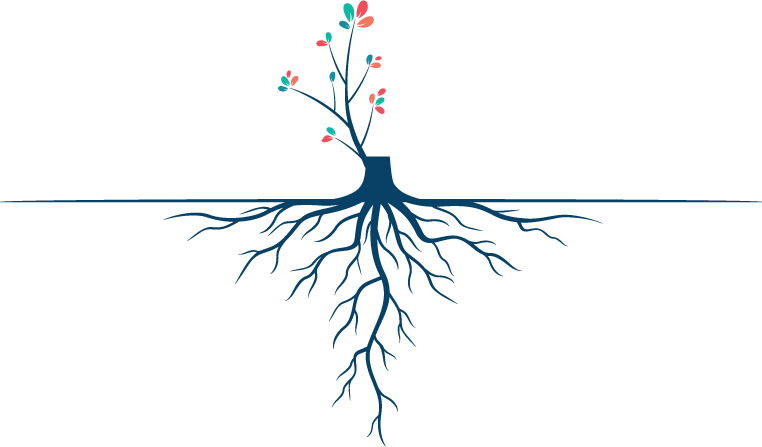Is it Permanent?
The human brain is designed to protect us. This instinct is what drives us away from dangerous situations, and toward those circumstances that we understand and which provide us with comfort and satisfaction. Our belief that we will be safe or comfortable allows us to proceed with behaviors that will maintain our safety and drives us to avoid things we cannot control, predict or feel optimistic about.
Why does fear exist?
Fear only exists when whatever we’re afraid of hasn’t happened yet. We convince ourselves that it’s better to spend our energy worrying about the outcome of something than it would be to take the risk of whatever action we’re considering — and fail.
So, when we’re faced with a fear of an outcome, we withdraw.
Our brain is telling us that this is not a safe space to be, we don’t have control of the outcome, and, when we can’t feel good about the predictability of the outcome, we lose optimism about its likelihood to work out the way we’re hoping. And, we base our decisions on this fear to act, change, move, pivot, take on a new challenge because we cannot comfortably answer the question “What if?” in a way that will satisfy our need to be safe.
A New Approach?
Today, I was offered a new way to consider how I approach decisions that require something to change. A new job, or opportunity, or an internal, organizational change that will be adopted within an organization. The usual way we tend to approach big decisions is by creating a pros and cons list. We list the reasons we should make a decision, and the risks associated with making that decision, that we shouldn’t make the decision. We’re allowing the FEAR to be the force that drives our decisions, and that creates negative energy, which will lead us to make the safe decision. After all, if the pros don’t weigh strongly enough, we won’t do anything, right?
What if we take the fear and turn it into a positive force instead?
The new approach would require that we look at the decision from a different perspective. What will I regret not having done at some future date? In other words, If I don’t make this decision, what will I regret not getting an opportunity to do?
When I was a Junior in college, I had the opportunity to travel to Costa Rica for a summer abroad program through Florida State University. It was a way for me to take some extra courses, strengthen my Spanish, and enjoy a six-week-long adventure. While I was there, we had weekend excursions that provided us opportunities to explore Costa Rica and see the various points of interest throughout the country. One of those excursions was a weekend of White Water Rafting on the Pacuare River.
This was my first experience doing anything as adrenaline-pumping and I was instantly hooked! During that experience, I met Gaby, a guide that was on the trip with us. I was working on practicing my Spanish, so I spent these trips chatting with the local guides and employees that we met along the way. I asked Gaby about how she became a guide, learned about the process, and as we talked, I was intrigued about her life, and how much fun it would be to do what she did every day. At one point, she looked at me and said, “Chrissanne, tienes que ser guia! (Chrissanne, you need to be a guide!) It was a preposterous suggestion — completely irrational, impossible — or was it?
The statement gnawed at me for an entire week, and instead of traveling with the students on the following weekend’s excursion, I opted to take another trip down the river with some friends. After this trip, I had decided — I was going to do it! And, I ended up staying in Costa Rica, living and working as a guide, for an entire year.
Stay or Go?
In retrospect, I realize how incredible that decision was and how much it impacted me, shaped my life, and created an opportunity for me to find myself in a country far from home, with only the resources I had, and no help from my family. This was completely me — on my own — growing up. Discovering resilience, strength, and grit that I didn’t know I had. If I had not made this decision, I am convinced that I would not be the person I am today. But the decision was riddled with risk. Where would I live? How would I get around? How would I survive, while I trained, and received no compensation? What about college?
All of these fears were legitimate, and I had no answers, but everything was figureoutable — and I figured them all out.
I had received some money from my grandmother that would allow me to live comfortably during that time; I found a room to rent, I made money as the transit guide that picked up the rafting guests from their hotels and accompanied them on the bus ride to the river; instead of graduating in 4 years from FSU, I took 5 years.
When I am faced with decisions today, there are a lot more layers to consider — 21 and 42 are very different places in one’s life journey — but the lesson remains — What would I have missed in my life, who would I have been, (or not been) as a result of that decision?
I believe this renewed lens might be helpful to consider again, and often.
Instead of a fear of failure, what if we focused our energy on a fear of regret? What will be missing if we don’t make this decision? How will we grow, learn, adapt, adjust, if we don’t take this step today? And, 5 years from now, will this decision be permanent?
Nothing in our lives is permanent. Everything is fluid, can be re-visited and tweaked. But we look at everything as if it is immovable. Stuck, unchangeable. I suggest that a shift in mindset is in order. If you don’t make this decision toward change, will you still be right where you are five, or ten years from now? Will you miss an opportunity to learn a new way, or maybe discover a way that isn’t a good fit. Can you come back here later, if the decision doesn’t work out for your organization?
Is this decision really permanent? Or is it just your mindset that makes you think that the fear of the risk of failure is more powerful than the reward that may exist on the other side?








